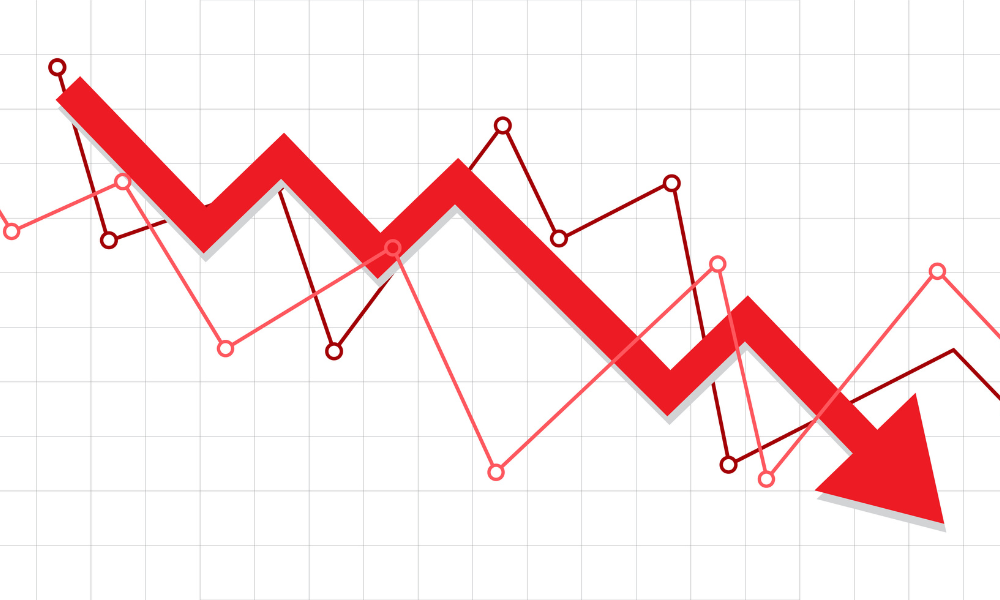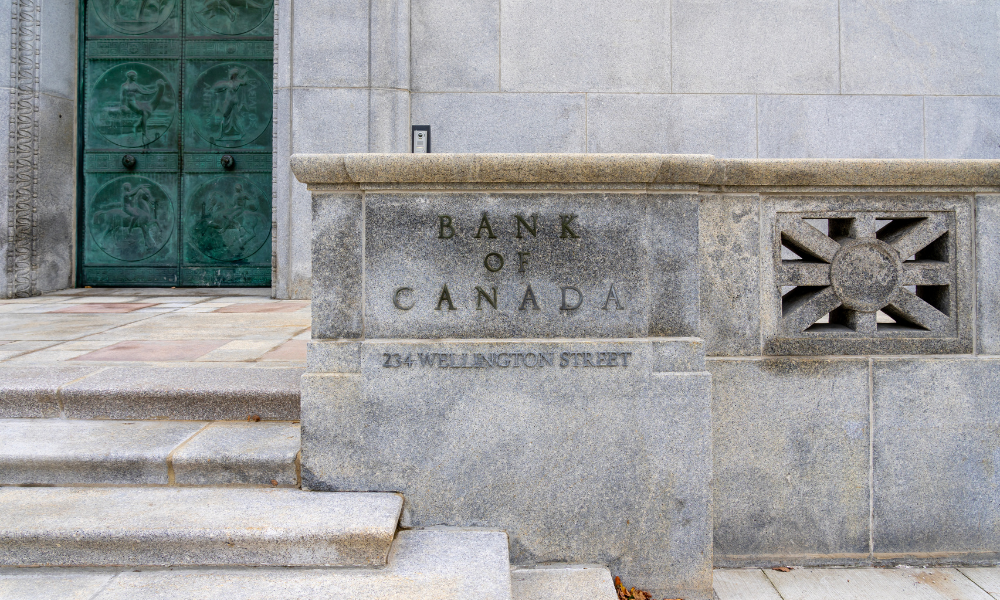Ontario Chamber of Commerce CEO weighs in on cap gains raise enacted today

Many Canadians are justifiably concerned about political polarization, particularly south of the border. The past week, however, we saw it in our own Parliament, in the debate over the federal government’s increase to the capital gains tax inclusion rate.
This is an arcane topic for most people – the proportion of capital gains subject to taxes. That made it easy for Ottawa to dispense selective truths, and to use the debate as a political “wedge” issue to position itself as fighting for fairness, and its opponents as friends of the wealthy.
Thoughtful Canadians should be troubled about the policy, the process and the politics.
The policy concern is clear. While the federal government says the change affects just 40,000 people—whom it positions as the “ultra-wealthy”—this is actually the number affected in any given year. As experts have noted, this change will harm many middle-class owners of cottages or income properties, doctors who operate as small businesses, and millions of investors in Canadian companies.
More seriously, for Canada, it sends the worst possible message to our brightest entrepreneurs —the builders of early-stage, high-growth companies—and those who invest in them. The primary concern is not about business owners who are wealthy today; it’s about those who are scaling, striving and seeking investment for tomorrow. Canada should be making it easier, not harder, to attract investment, and to retain capital and talent – and the good jobs that come with them.
The process concern is just as serious. Tax policy should involve a consultative process and careful examination of how to raise revenue in the manner most conducive to Canadian prosperity, not improvised to plug a hole in the government’s budget or to embarrass its political opposition.
That is why the Ontario Chamber of Commerce has urged political leaders to channel the capital-gains controversy into a bigger conversation: How can the tax system incentivize investments in business growth and innovation, which are essential to jobs, the economy and our quality of life?
Finally, and perhaps most serious, are the political concerns. In populist language rarely heard in Canada until recently, the government painted this tax change as the bulwark between a fair, caring society and a grim dystopia of extreme wealth and resentful deprivation – demonizing not just its political opponents, but also anyone who thinks there might be a better way to build an inclusive economy.
There is a better way. Canada can reform and streamline its tax system to prioritize business investment and facilitate the scaling up of small and medium-sized enterprises – the job creators of the future. The government can review its spending to find efficiencies and maximize value for taxpayer dollars. And leaders can —and must—reject the false choice that there’s only one way to pay for housing and other priorities.
At a time of complexity, we need leaders brave enough to resist the simplicity of extreme positions; leaders prepared for the hard work of building consensus around how to achieve inclusive, sustainable prosperity. Canada’s business community is ready for that conversation.
Daniel Tisch is president and CEO of the Ontario Chamber of Commerce.



